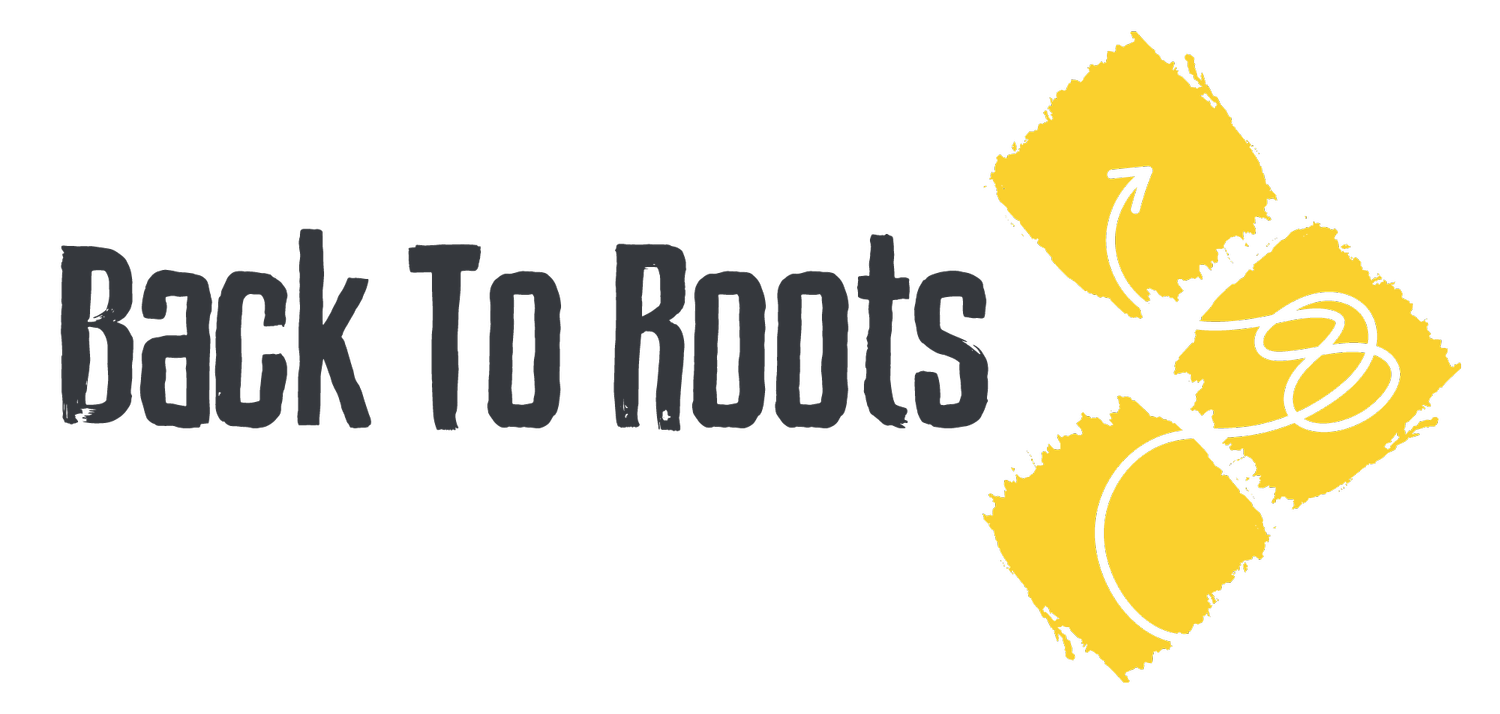Diet Overview 101 - Are you on the Bus bench or Park bench??
I run a preventative health company and pride myself on being evidence-informed in both theory and application. However, I need to be clear that I am not a qualified dietician.
Whilst I did achieve competence in basic nutrition science as part of my clinical Chiropractic education I was deeply unsatisfied with the ambiguity of current eating guidelines. We are all encouraged to eat a balanced diet, yet we are becoming increasingly overweight as a population and frustrated with how difficult it seems to be to live happy and live lean.
"This is what my health programming does for me, lets see if we can get similar results for you"
I am very passionate about both theory and research but equally about actually living and experiencing my programming myself. You cannot simply talk a good diet into yourself any more than you can talk conditioning into your tissues. You have to live it and breath it for those you work with to have faith that the “theory” actually translates to real world. If the doctor who tells you to lose weight is obese himself, even if the content is correct, I firmly believe the greater message is misrepresented. If there is any incongruence between the message being heard and the message being seen then there is an instant authenticity issue. I absolutely believe in my rounded, evidence informed approach to body composition and this is fundamental for transparency. It is my experience that people want honesty and inspiration. My methods are absolutely transparent and if how I "appear" encourages someone to better themselves then I have in some way inspired positive change. Half the battle won.
“This is what my health programming does for me, lets see if we can get a similar result for you”
Leading coaches will preach ‘practice first, research second’. Arnold Schwartzenegger was not following a manual when he dominated body building in the 70's. Coach Sommers, USA National gymnastics coach recently stated how he does not wait for research to tell him what works in practice. The exact same logic applies to how we eat. What works is determined through trial and error and then researchers will come in and try to ‘explain’ the results after. There is no ‘one correct’ approach to nutrition, if there was we would have found it by now and all be doing it. You have to engage in the process and work out what works for you.
“I don’t wait for research to tell me what works. I know what works because i’m seeing it everyday. They can work out why it works later.”
As it turns out there are literally hundreds of ways to achieve fat loss and they all can work. In fact there in lies part of the problem, paralysis by analysis is a real thing and one to which I have been no exception. With so many strategies and online diet gurus it is no surprise that we are confused. The entire food industry thrives off creating confusion as it leads to marketing the next [expensive] quick fix. That's what we all want, without exception, we are only human!! Take the following table created by the very impressive guys at Gold Medal Bodies (GMB) comparing some of the more popular diets’ pros and cons. You will find GMBs' influence scattered throughout my methods. Be sure to check them out.
Are any of the above diets better than the other? Unlikely. Even the word ‘diet’ has connotations as it implies that there is some end point before we go back to our old ways. Amongst all 'methods', there are certain principles that run through all successful dieting. Effortless lifetime weight management requires a behavioural shift where consistency and sustainability are paramount. The perfect diet that someone does not do is as useless as the last diet you failed on. It has to work for you and be something you can stick with. Period.
Dan John, the highly respected strength coach, describes a ‘bus bench’ and a ‘park bench’ approach and I love it. When we wait for a bus we are filled with expectation. Bus G should be here at 8:11. When bus G doesn't show up, I panic. Its 8:13 and my day is ruined, I want to get off this bench and go somewhere else, now! Now! Now!
The park bench however is a time to sit in the park, listen, watch, wait for squirrels to wonder. Those squirrels yesterday may or may not show, and that's fine, we do not call the squirrel police when they don't show.
The approach most athletes take to diet [and training] is a bus bench approach, tracking calories, supplementing religiously and never deviating from THE plan.
The reality though is that for most athletes, and the rest of us our entire life, the park bench approach is much more appropriate. Eating or training should be enjoyable, take the time to appreciate the squirrels!!
We all have busy schedules, problems with kids or illness, from where the next curveball is coming no-one knows. This often derails the bus bench, but it is what it is with a park bench approach, deviate temporarily then on with life. Let things happen, don't judge them.
There are times when a bus bench is called for and can really sharpen motivation and shift things into gear. The trouble occurs when this is the only gear we have and is not sustainable or even appropriate. The bus bench is what most people call a programme, a manual or list of ‘eat this’ and ‘do that’ which people want to have in their hands. The paleo diet, vegan / vegetarian, low carb, low fat, IIFYM or fasting are all bus bench approaches to eating. Bus bench programmes typically have a time frame, 2 weeks or 12 and if you didn't get results, the programme failed. Dan John claims everyone should have only 2 bus bench programmes per year, which is what I do myself.
This is because it helps to have something to be accountable to; a New Year resolution, a holiday, a photo shoot or a wedding, periods that spike us into consistent action with a clear time frame and goal. This is when we get on the bus!! This is NOT however a year round approach to nutrition or life. This is where Internet forums and marketing exploit us and railroad us into bus bench eating year round. You are simply on the wrong bus, try our one!!
All the methods outlined above will work, for as long as you are motivated or until you burn out. I personally have been able to manipulate myself with ease under 10% body fat on a high fat - low carb diet and low fat - high carb diet. Principles transcend methods. The bus bench approach is right, but maximum twice per year. There is an old joke about how a broken clock is even right twice a day; a focused disciplined attack on a goal is a great thing to do, just not all the time! The bulk of our life really should be spent in the 'park'.
The problem I see over and over is that people simply do not know how to even get on the park bench. Simply saying to people to eat everything in moderation, in balance, is like telling a depressed person to cheer up, or an ADHD child to calm down. We want guidance through the confusion and that is exactly what my programming does, guides you through, making you accountable.
My program is a unique mix of both park and bus bench approaches. These simple methods are heavily informed by Alan Aragon, a prominent nutrition researcher and educator with over 20 years experience. Alan is one of the most influential figures in the movement towards evidence-based information. I have studied, read and experimented with many different ‘methods’ but always seem to come back to Alan’s research, he really is where the evidence is at. He releases a monthly review (AARR) of the most up to date information in nutrition and athletic endeavour. It is a comprehensive resource that you can check out for yourself, or find it laced throughout the Luke R. Davies method.
“Research is research, and principles are paramount”
Research is research and principles are paramount. Alan is king of his field and I credit Alan for really driving our understanding of nutrition forwards, heavily informing 'Lean Living'.
When I retired from Semi-professional rugby in 2013 I remained with my club Ebbw Vale in the welsh valleys and headed up individual player programming, achieveing fantastic results. While this population are more dependent on periodic goal setting, getting on the bus, I have adapted my program that works equally well outside of a competitive population with my clients. Most people need to learn how to first find the park bench or balance, then, when appropriate, they can try hopping on the bus! Ultimately mixing between the two in a lifetime of effortless weight management. :)
Several principles that a successful program MUST include:
- Every goal lends itself to a different eating strategy, although the principles remain the same.
- Calories DO matter.
- For fat loss, cut calories slowly over time, no drastic measures.
- For strength or weight gain, aim for a calorie surplus.
- You do not have to weigh and measure food forever, but you DO initially as you learn portion management; 2 weeks is often plenty for a park bench diet, measuring for the duration may be appropriate for a shorter bus bench diet. Food journaling is arguably the number one tool for sticking to an eating plan, whether using an app, or an old fashioned diary. I use MyFitnessPal. It is really convenient on your phone and easy to use.
- Recalling food intake at the end of the day is notoriously inaccurate, track as you go.
- Avoiding NO food groups unnecessarily. Celiac disease and dairy intolerances are real things and these people should 100% avoid gluten and dairy. Gluten and dairy can be right at the heart of a balanced diet for the rest of us.
- “Healthy food” is a misnomer. Healthy behaviour is more accurate. Most people consider an apple, kale or spinach a ‘healthy’ food. If all I ate was an apple, kale and spinach it would not be long until a plethora of nutritional deficiencies killed me, not so healthy all of a sudden! Even water, if we have too much of it, we drown! This is an extreme example but it emphasises that there is a critical point where every food can be too little or too much. That a food is nutritious is more accurate and forms the skeleton of a wholesome approach to healthy eating habits. Therefore with awareness, it is not necessary to avoid the foods you love, or even in my opinion contraindicated. It should be built in for sustainability reasons alone. The not so nutritious snickers you have that enables you to stick to an otherwise wholesome nutritious diet in the long run all of a sudden becomes ‘healthy’ behaviour. 'Healthy food' does not exist. This is often a challenging topic for people to comprehend.
- Protein is vital.
- Time your larger meals around training / exercise schedule.
- Lastly, DO NOT change everything at once. One small change at a time adds up to a big shift eventually. Here we are interested in long term success, not short term gratification.
For a great 15 minute visual overview of the evidence on the 'best' diet for our health, I highly encourage the timeout to see this video.
If you perceive my background and approach to 'Lean Living' has credibility and want more information on what this might look like for you, contact Luke R. Davies.
Consultations can be arranged in person or from distance.
Are you living lean?
Luke R. Davies :)





